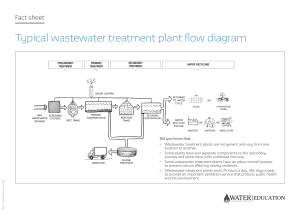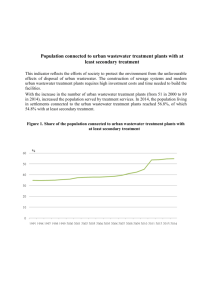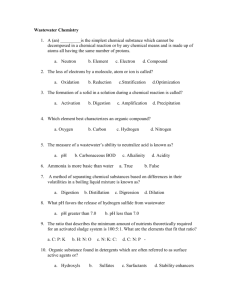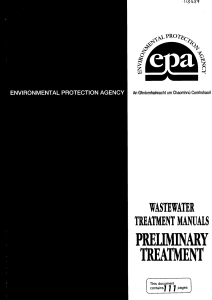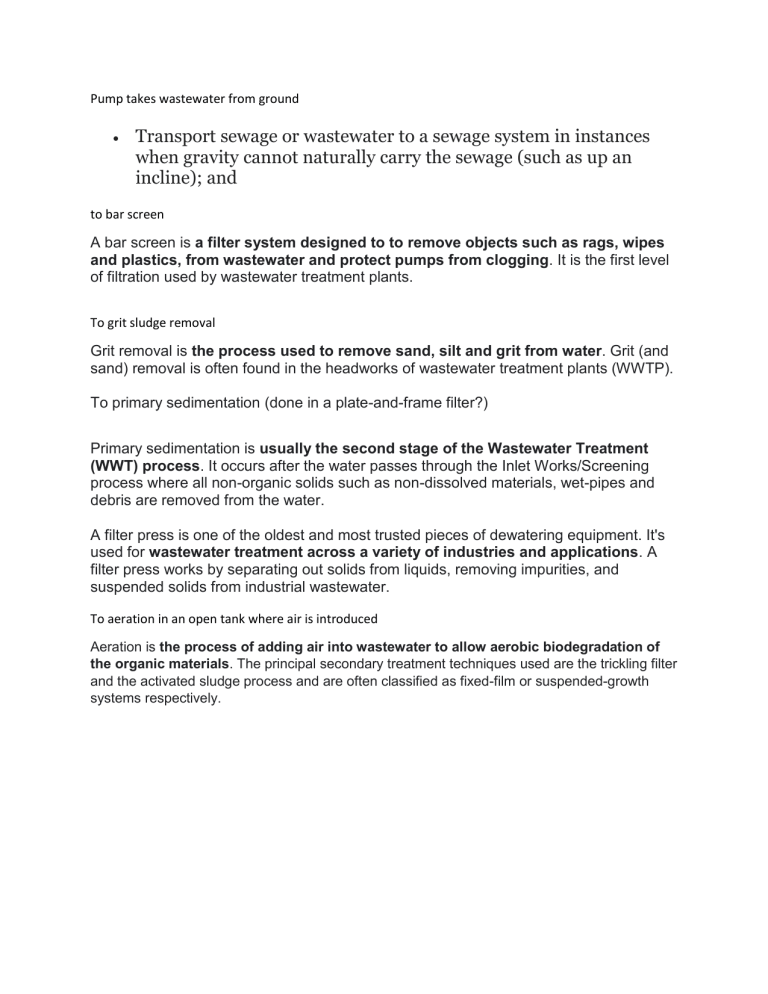
Pump takes wastewater from ground Transport sewage or wastewater to a sewage system in instances when gravity cannot naturally carry the sewage (such as up an incline); and to bar screen A bar screen is a filter system designed to to remove objects such as rags, wipes and plastics, from wastewater and protect pumps from clogging. It is the first level of filtration used by wastewater treatment plants. To grit sludge removal Grit removal is the process used to remove sand, silt and grit from water. Grit (and sand) removal is often found in the headworks of wastewater treatment plants (WWTP). To primary sedimentation (done in a plate-and-frame filter?) Primary sedimentation is usually the second stage of the Wastewater Treatment (WWT) process. It occurs after the water passes through the Inlet Works/Screening process where all non-organic solids such as non-dissolved materials, wet-pipes and debris are removed from the water. A filter press is one of the oldest and most trusted pieces of dewatering equipment. It's used for wastewater treatment across a variety of industries and applications. A filter press works by separating out solids from liquids, removing impurities, and suspended solids from industrial wastewater. To aeration in an open tank where air is introduced Aeration is the process of adding air into wastewater to allow aerobic biodegradation of the organic materials. The principal secondary treatment techniques used are the trickling filter and the activated sludge process and are often classified as fixed-film or suspended-growth systems respectively. To final sedimentation The tertiary stage of treatment is where wastewater's impurities are actually removed from the supply. During this stage, as much as 99% of the impurities are eliminated, making water that is close to drinking water quality
